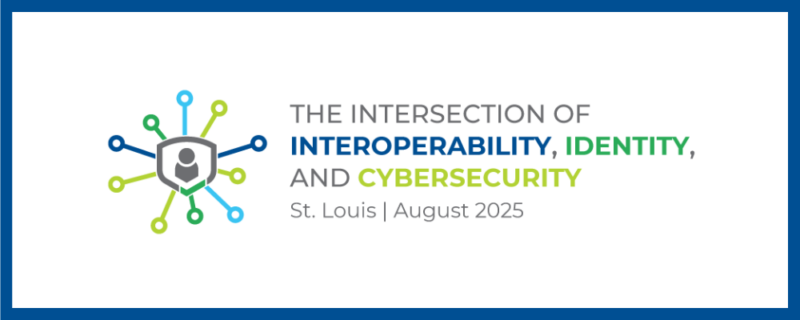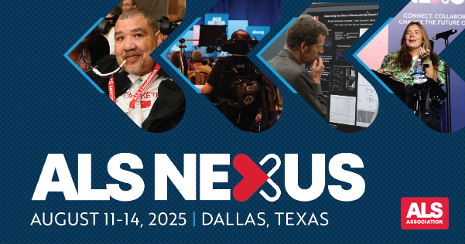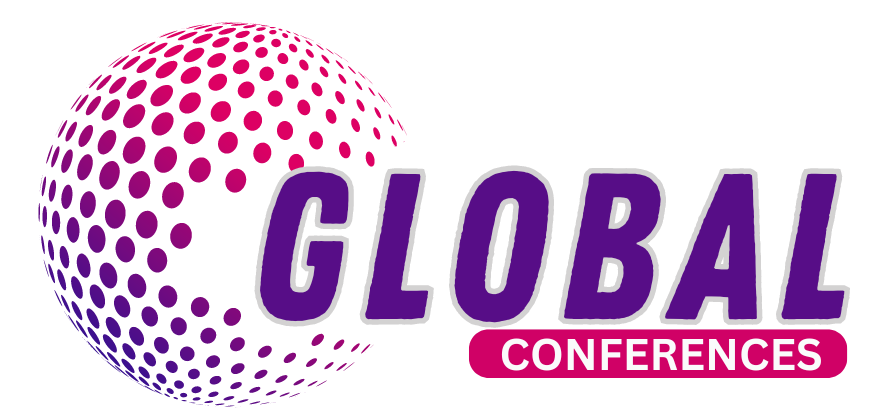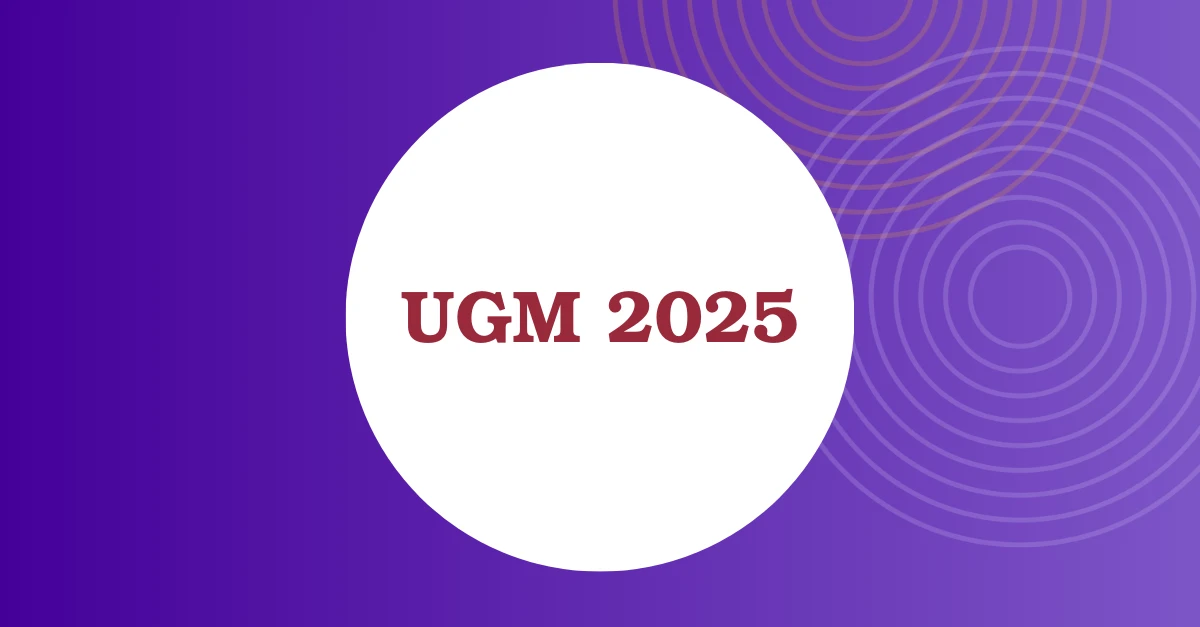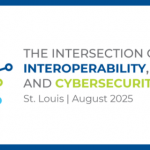1. Abstract
This paper investigates how artificial intelligence (AI) and cloud computing are reshaping the electronic medical record (EMR) industry. With a focus on technological disruption, interoperability, and patient-centric care models, it explores innovations, deployment frameworks, and emerging challenges in implementing next-gen EMRs.
2. Introduction
The digitization of healthcare records through EMRs has evolved from basic data storage systems into intelligent platforms capable of driving clinical decisions. The growing incorporation of AI algorithms and scalable cloud infrastructures marks a new phase in healthcare informatics, aiming to improve care quality, reduce errors, and streamline operations.
3. Role of Cloud Computing in EMR
Cloud-based EMRs now account for more than 60% of new deployments due to their cost-effectiveness, accessibility, and ease of integration
- Advantages: Scalability, mobile access, remote backups, and reduced IT infrastructure needs.
- Key Providers: Athenahealth, Practice Fusion, DrChrono, HealthPlix (India).
4. AI Applications in EMRs
- The DEPLOYR framework integrated predictive ML models in Epic EMR at Stanford, enabling real-time clinical insights
- Natural Language Processing (NLP): Enables structured data extraction from free-text clinical notes
Interoperability & Standards
- FHIR (Fast Healthcare Interoperability Resources): Becoming the standard for exchanging healthcare data across EMR platforms.
- Challenges: System silos, inconsistent data formats, regulatory mismatches
Security, Privacy & Ethical Concerns
- Cloud-based and AI-integrated EMRs raise concerns regarding data breaches, algorithm bias, and patient consent.
- Blockchain offers potential solutions with decentralized, immutable EMR storage frameworks
Challenges to Adoption
- Data Standardization: Diverse terminologies and formats hinder seamless data exchange.
- User Training: Lack of technical proficiency among staff delays adoption.
- Regulatory Compliance: GDPR, HIPAA, and country-specific health data laws create legal friction.
Conclusion
The convergence of AI, cloud computing, and interoperability standards is redefining EMR systems from static databases into proactive clinical partners. To fully realize this vision, the industry must overcome technical, ethical, and regulatory hurdles—while centering innovation on equitable and secure patient outcomes.














